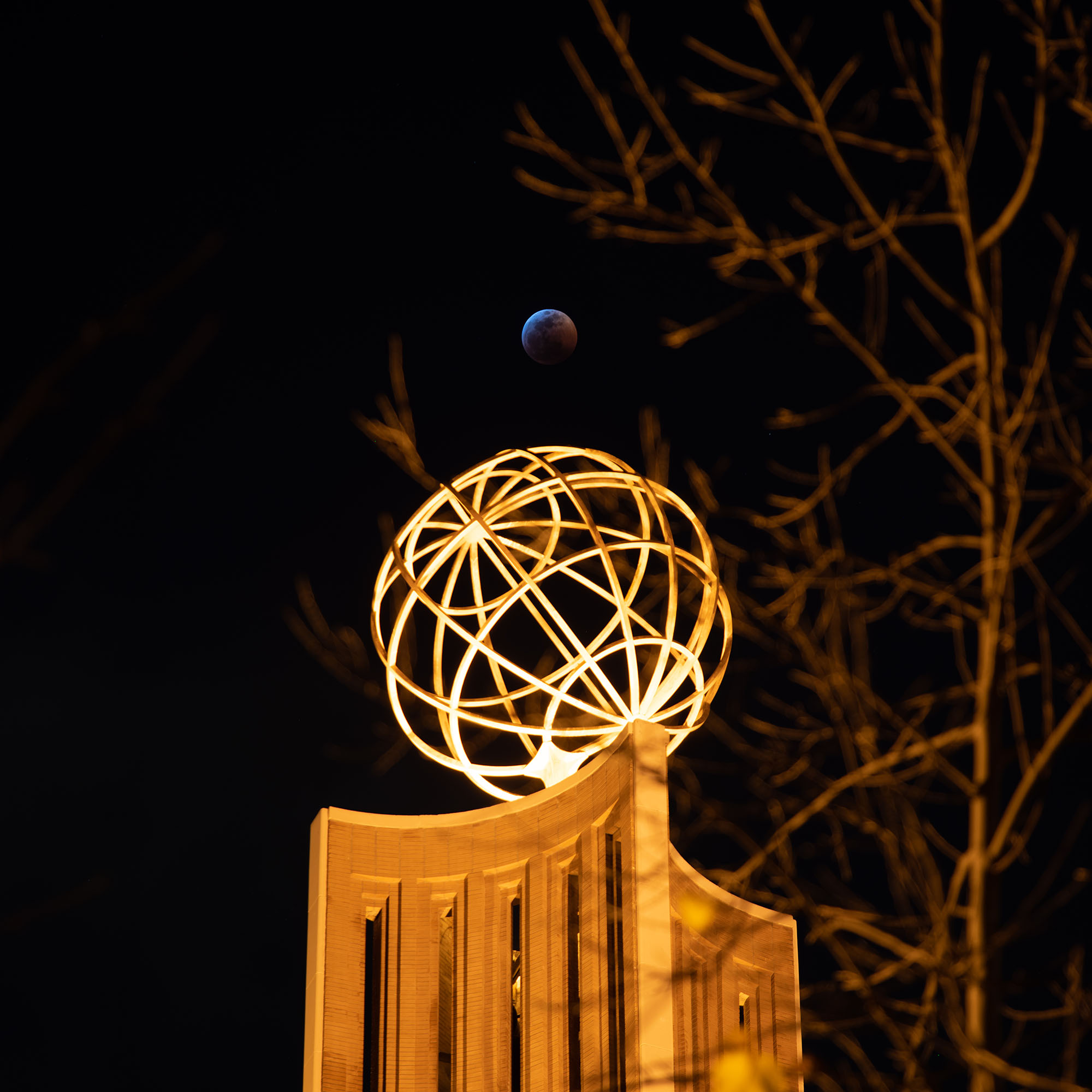I went to HackSC with 3 fellow hackers and this is our entry. We were the runner-up of the equity vertical. Check out our GitHub repo: https://github.com/cxruan/Third-EyeOur Devpost page: https://devpost.com/software/third-eye-dphvgb
Read More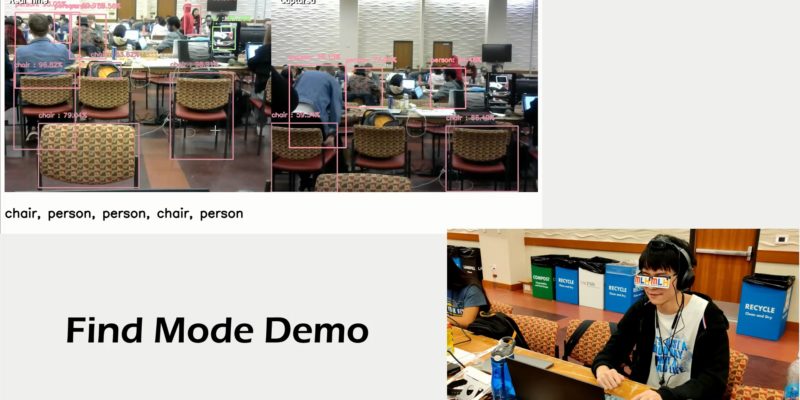

I went to HackSC with 3 fellow hackers and this is our entry. We were the runner-up of the equity vertical. Check out our GitHub repo: https://github.com/cxruan/Third-EyeOur Devpost page: https://devpost.com/software/third-eye-dphvgb
Read More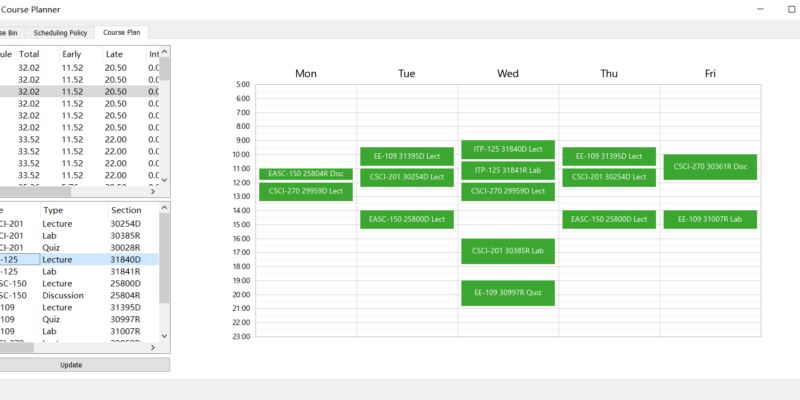
Last summer I created a Python app to simplify the process of making course plans for the next semester. It features a course bin where one can add courses and filter sections to be scheduled. The app automatically retrieves and parses course information from USC Schedule of Classes page on user request using a Beautifulsoup based scraper. The user can edit his or her preferences on the “preferences” page in terms of how he or she likes early / late courses, how much time he or she likes to have between sections, and when to have lunch / dinner breaks. The app uses a depth-first search algorithm to find the […]
Read More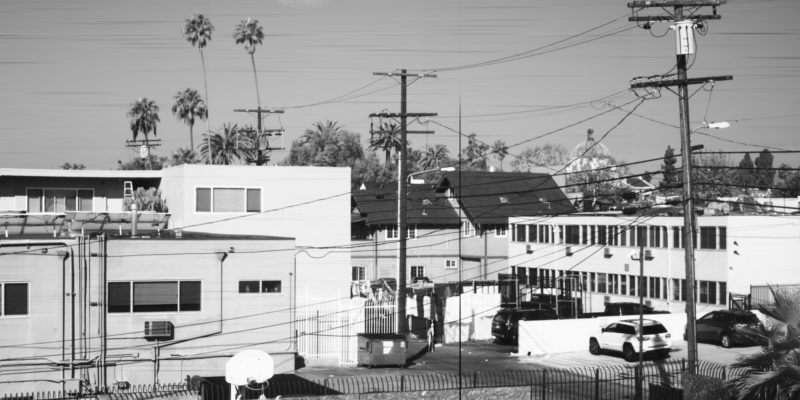
I finally put together the 3D printed prototype and took a few photos last weekend. The flange distance was way off and it was quite hard to get the right focus. The CCD had quite a few dirt specks on it and it produced this weird streaking pattern when using a a small aperture. Also the sensor saturates easily, leaving lots of white streaks and artifacts. Nevertheless I was excited that I could finally fit it on my Bronica medium format camera body.
Read More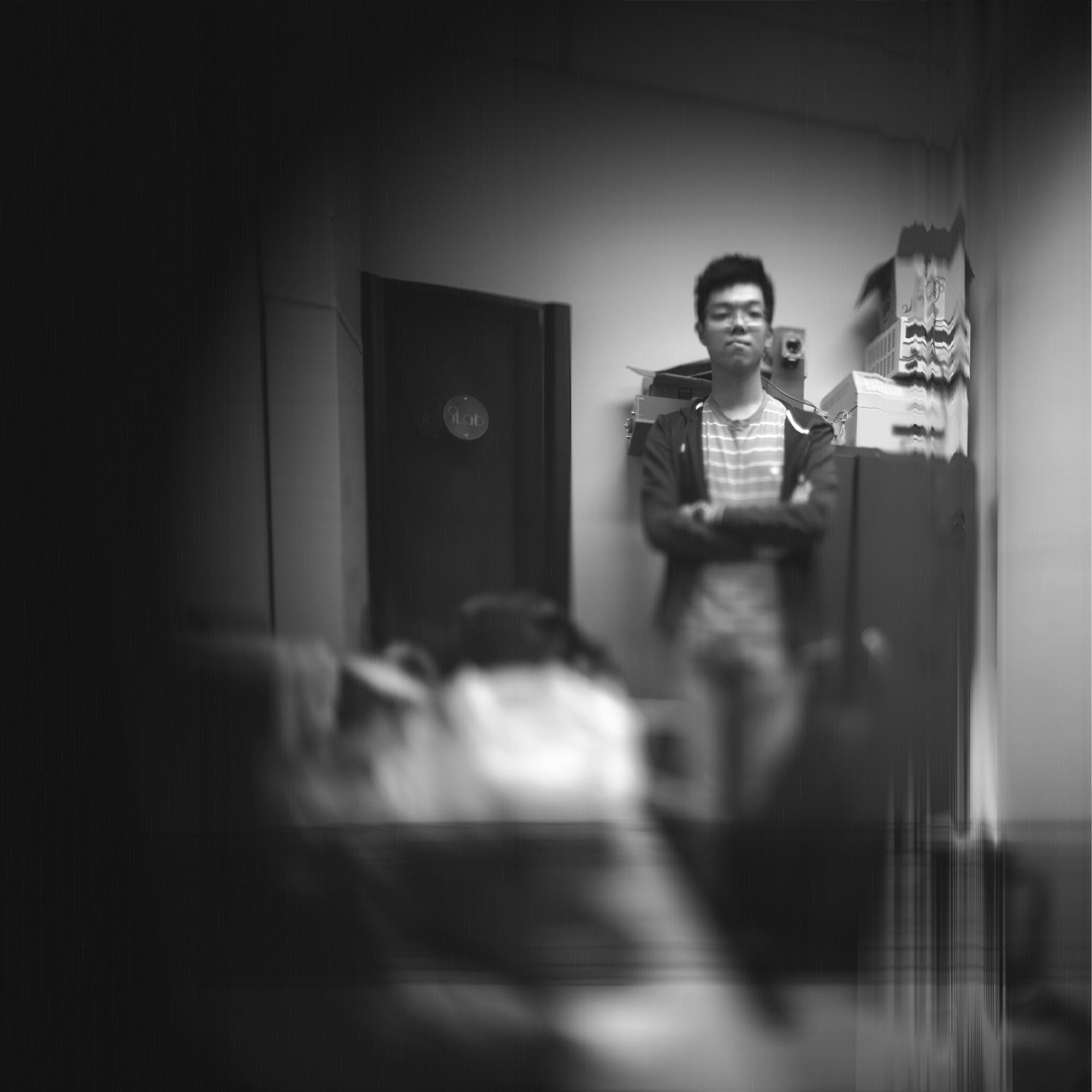
We have made lots of progress on our linear CCD project since the last article. Last week we spent some time and made a cardboard enclosure for the sensor and tired to take a photo. The good news is we did get a presentable photo, despite the obvious focus issue. The lens was a Nikkor 50/1.8 since the batteries in my Bronica were dead and the camera would not operate without it. The photo has a strong vignetting due to the lens’ small image circle. The camera was only a prototype, held together by hot glue and type. We will eventually design and 3D print an enclosure to house the […]
Read More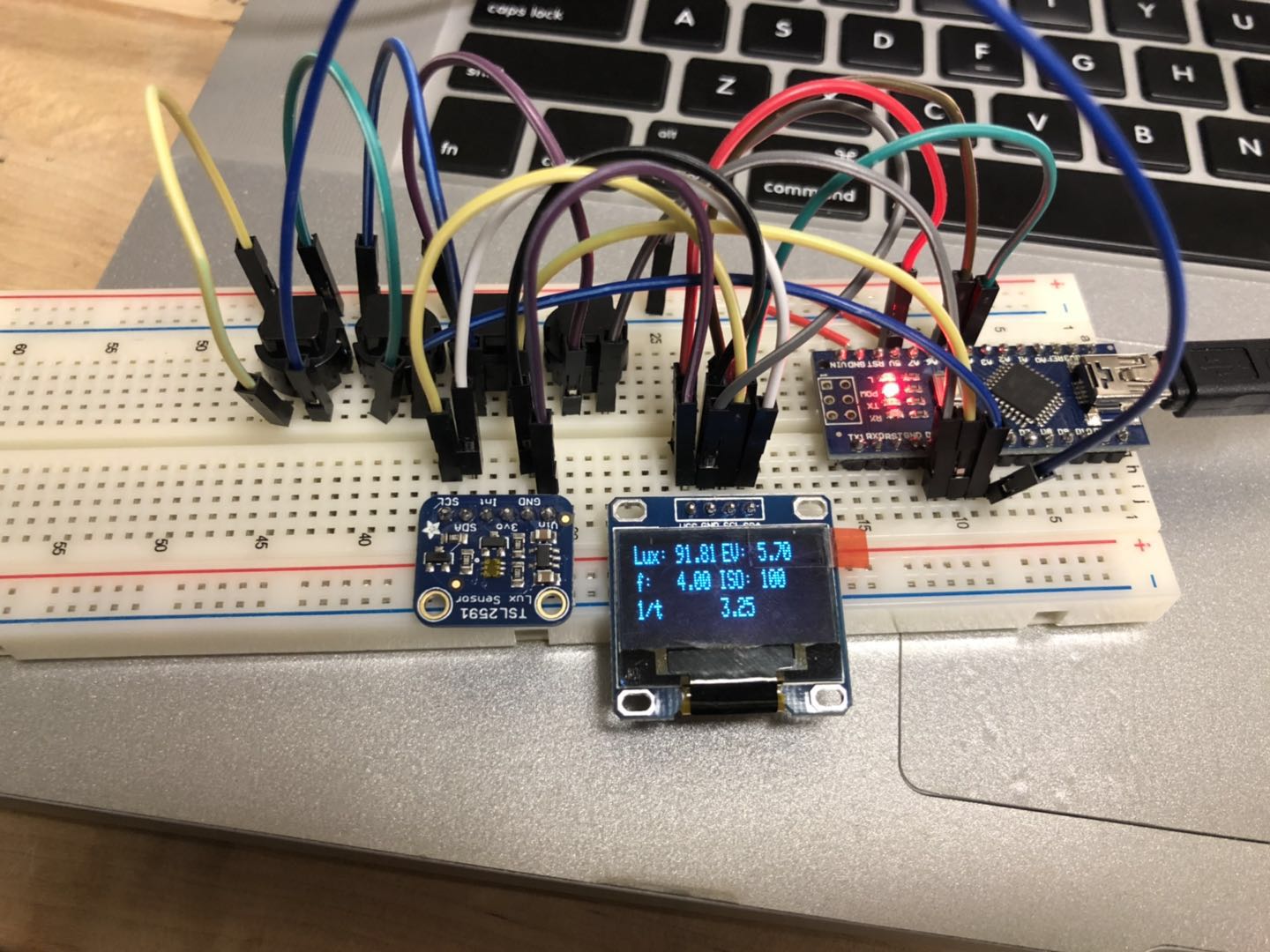
While Yichi is busy with his linear CCD project, I decided to start a small project (quite small when compared with Yichi’s CCD). This project will be a light meter for photography. I have a Mamiya 645 for medium format that does not have any metering to it. Right now I’m using a smart phone app that will get the reading from the camera. However, I’m just too lazy to grab my phone from my pocket – unlock the phone – open the app – take a snapshot and get the reading – finally dial that numbers into my camera. The meter consists of a TSL 2591 light sensor, a […]
Read More
Another update about the linear CCD project. Last Friday we tested out the CCD for image generation. The clock and trigger signal are generated by Teensy and are fed into the CCD. CCD capture the light intensity and return the signal back to the amplifier. The amplifier output then is connected to the ADC pin on Teensy for sampling. The test method is crude — with 2.54mm pin headers on top of the CCD — to generate some shape… here’s the waveform seen on oscilloscope: From the oscilloscope graph, we can clearly see the shape posed by the pin header onto the CCD, here’s the image: I know… it’s hideous, […]
Read More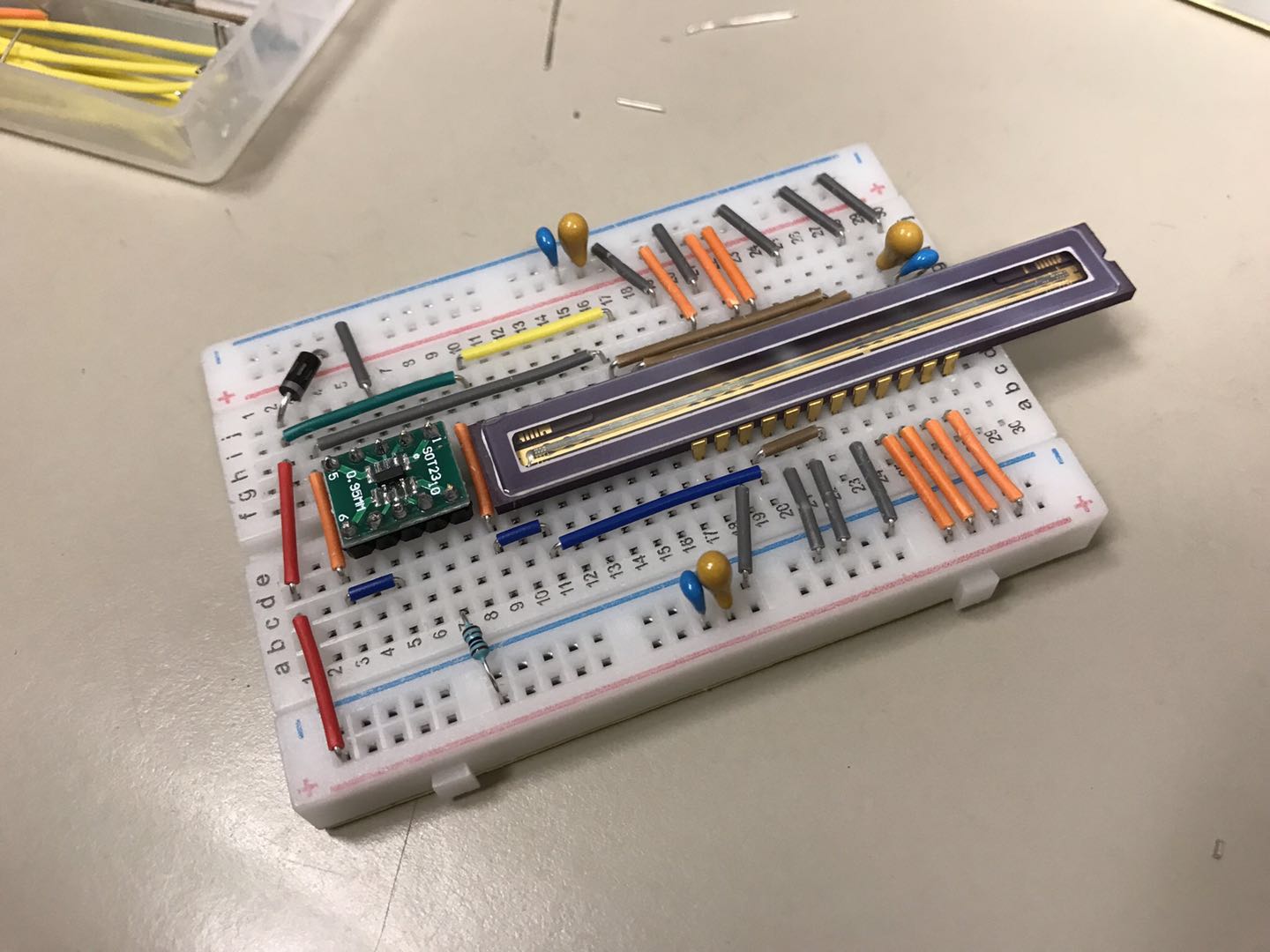
Just a quick update. Today I built the linear CCD circuit on breadboard, more or less following the Application Circuit provided in the ilx508 datasheet. Everything went according to plan except for the reel of SMD transistors decided to jump out of the anti-static bag into a half-a-meter deep vent on the ground when I opened the bag. I ended up spending a significant amount of time trying to get my transistors back poking the vent with a wooden stick. You may tell there is one wire missing, but I expect to fix it next time when I get back to the lab. I’ll also try to power on the […]
Read More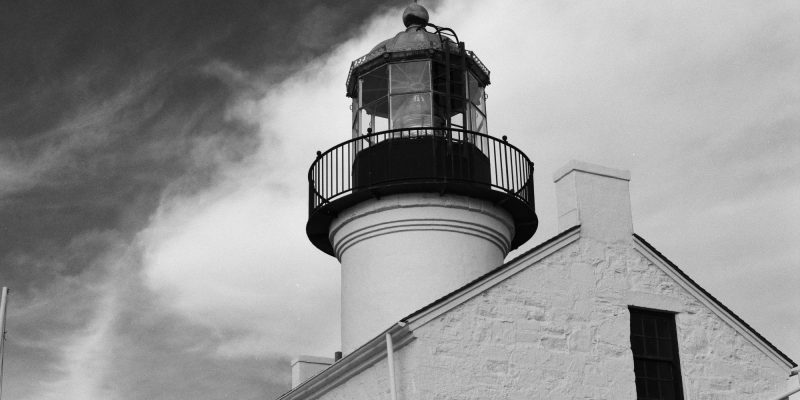
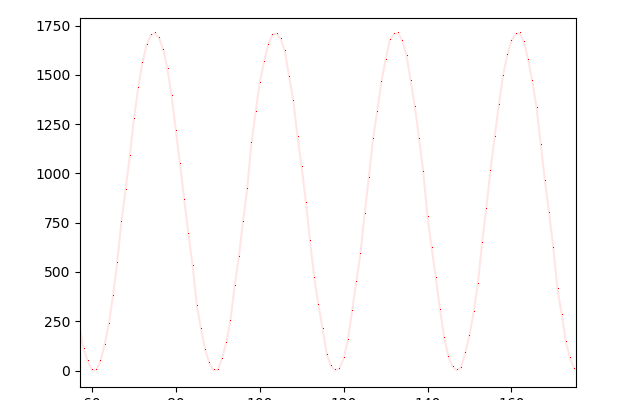
After weeks of planning, I finally got the chance to test my setup for SSC7926 project for the first time. I’ll probably explain what is SSC7926 all about in one of the future posts, but for the time being it is my attempt to make a digital back for my medium format Bronica SQ camera using an ilx508 linear CCD. I plan to use a Teensy 3.6 to generate clock signals to drive the CCD, and sample the analog output from the sensor. For this proof of concept test, I used the Carrier Modulator Transmitter (CMT) on the k66 chip to generate the clock signal. CMT interrupt ISR was set […]
Read More